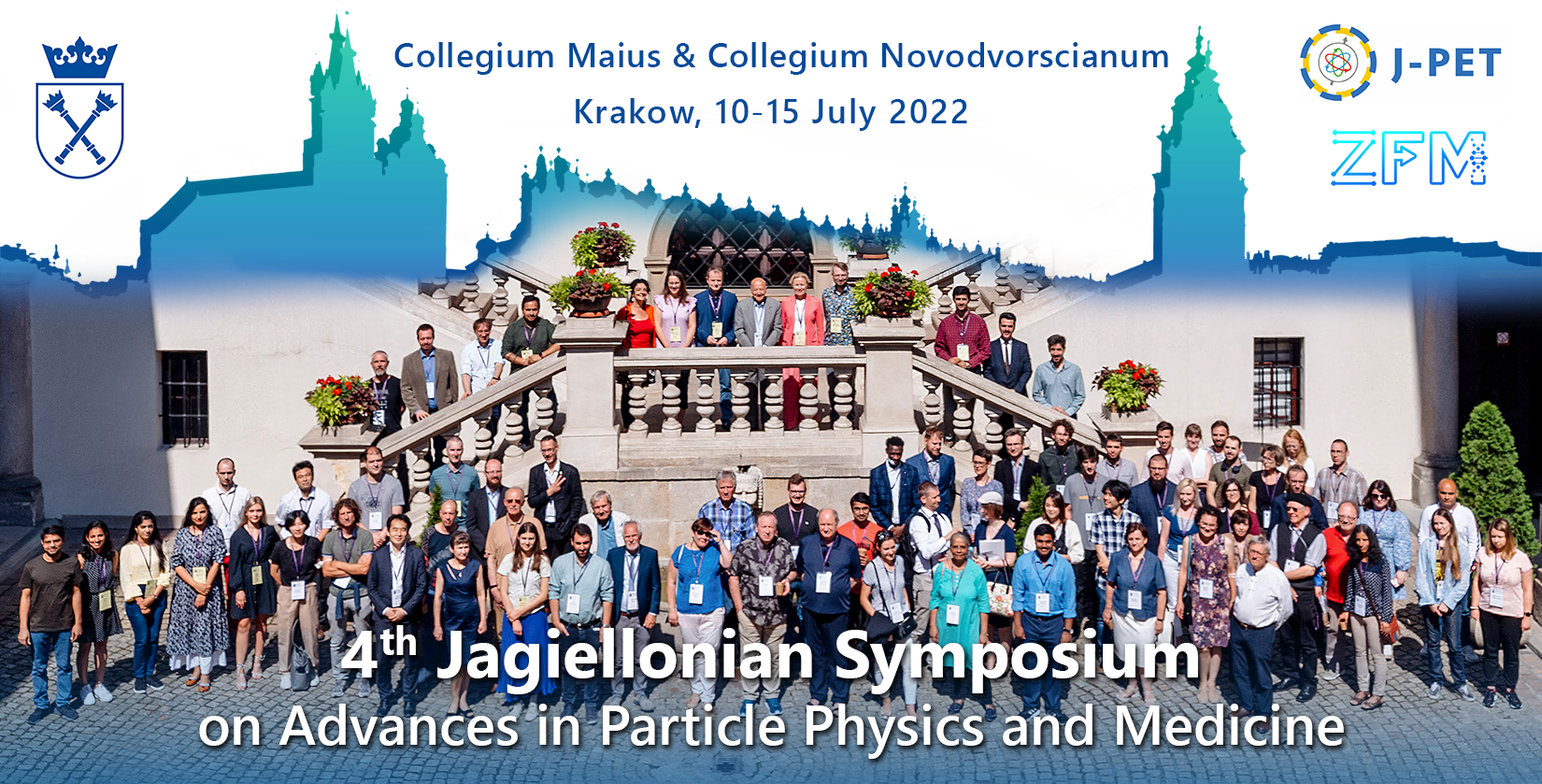Speaker
Description
Boron Neutron Capture Therapy (BNCT) is an experimental radiotherapy treatment characterised by selectivity at the cellular level based on the 10B(n,alpha)7Li reaction induced by thermal neutrons; the reaction products, alpha and 7Li have a biological efficacy comparable to that of C-ions used in Hadrontherapy; and they have the added advantage of being produced directly in the tumour cells, where they release their destructive energy, without having to pass through the layers of healthy tissue overlying the tumour.
Today, the international BNCT community, after its experience with neutron from research nuclear reactors, finally has sources produced with proton accelerators via p,Be or p,Li reactions. Accelerators have the advantage of being easy to install in a clinical facility and therefore offer the possibility to treat patients in a more appropriate environment.
The University of Pavia has a long tradition in the field of BNCT based on the use of the Triga Mark II nuclear research reactor of the LENA laboratory; here in the past BNCT was applied to treat diffuse liver metastases, using the auto-transplantation technique with the irradiation of the explanted liver in the reactor's Thermal Column.
Today, preclinical research, in collaboration with INFN, many Italian Universities and international Institutions and Laboratories, is still very active on various aspects of BNCT: research into new boron carriers with in vitro and in vivo toxicity and efficacy tests, measurement of boron concentration in biological samples by alpha spectrometry, neutron autoradiography, online measurement of boron dose by SPECT and/or Compton Camera technique with CdZnTe (CZT) detectors.
UNIPV has an intense collaboration with the Centre for Oncology Hadrontherapy (CNAO) where a BNCT facility based on the TAE-TLS p-Li accelerator will be ready in a couple of years. Two treatment rooms are planned, one dedicated to patients and one to BNCT research.
In the talk, after a brief introduction to the BNCT technique, the above-mentioned topics will be presented.

